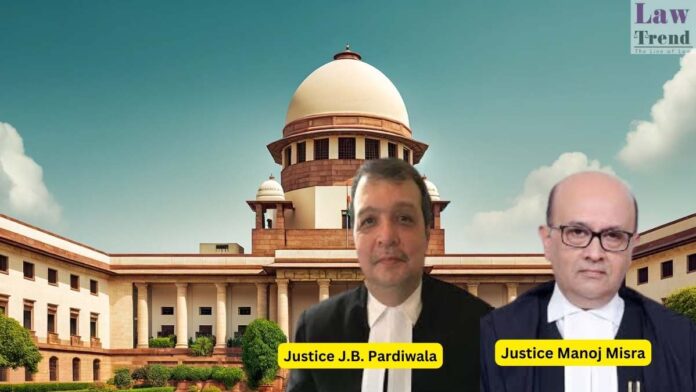The Supreme Court of India, in a pivotal ruling, declared that constitutional protections on property rights cannot be overridden by procedural delays, emphasizing the paramount importance of following due process in land acquisition cases. The judgment, delivered by Justice J.B. Pardiwala and Justice Manoj Misra in Urban Improvement Trust vs. Smt. Vidhya Devi & Ors.
To Read More Please Subscribe to VIP Membership for Unlimited Access to All the Articles, Download Available Copies of Judgments/Order, Acess to Central/State Bare Acts, Advertisement Free Content, Access to More than 4000 Legal Drafts( Readymade Editable Formats of Suits, Petitions, Writs, Legal Notices, Divorce Petitions, 138 Notices, Bail Applications etc.) in Hindi and English.




